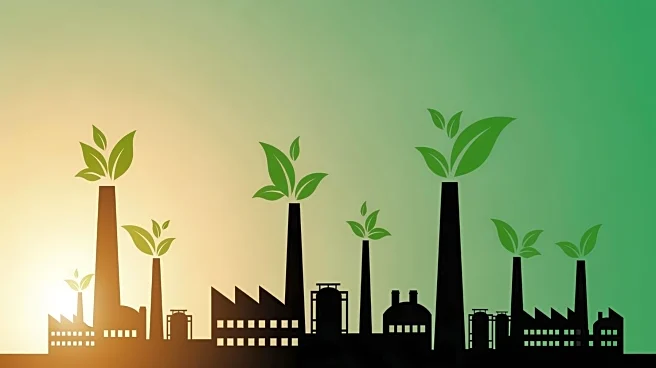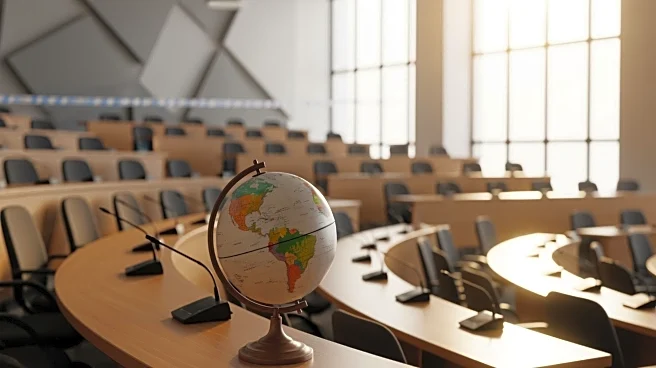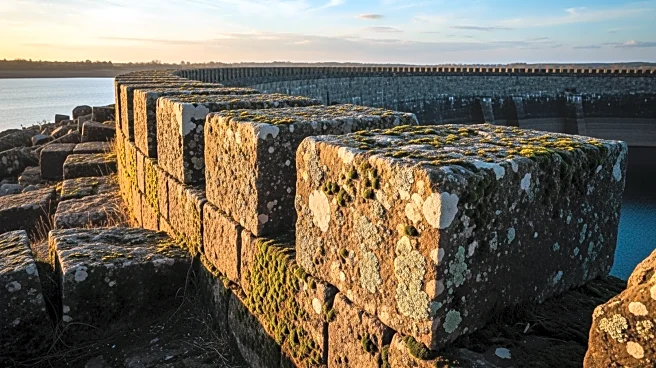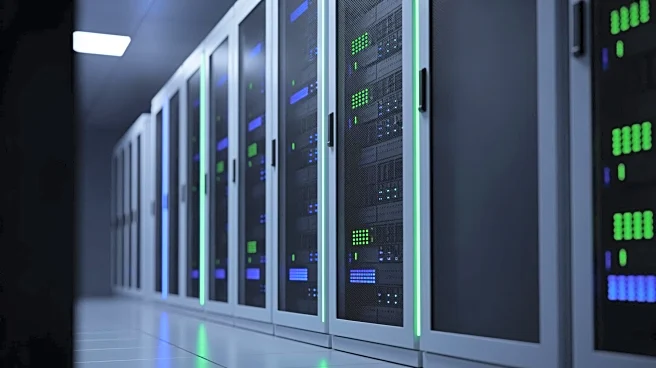What's Happening?
The Negev region in Israel, home to diverse communities including Jewish and Arab populations, is facing significant challenges due to ongoing conflicts. The Bedouin communities, in particular, have been deeply affected by wars involving Hamas and Iran.
The funeral of Hamza Ziyadne, a Bedouin who was taken hostage and later found deceased in a Gaza tunnel, highlights the severe impact of these conflicts on local populations. There is a growing call for the Israeli government to advance Jewish-Arab relations and focus on rebuilding the Bedouin communities in the Negev to ensure that all communities can thrive together.
Why It's Important?
The situation in the Negev is crucial for the stability and future of Jewish-Arab relations in Israel. The Bedouin communities have historically faced socio-economic challenges, and the impact of recent conflicts has exacerbated these issues. Rebuilding efforts are essential not only for the physical infrastructure but also for fostering peace and cooperation between different ethnic groups. Successful integration and support for these communities could serve as a model for broader reconciliation efforts in the region, potentially reducing tensions and fostering a more inclusive society.
What's Next?
The Israeli government may need to implement policies that specifically address the needs of the Bedouin communities, including infrastructure development, education, and economic opportunities. There could be increased dialogue and collaboration between Jewish and Arab leaders to ensure that rebuilding efforts are inclusive and effective. International organizations and neighboring countries might also play a role in supporting these initiatives, providing resources and expertise to aid in the reconstruction and reconciliation process.
Beyond the Headlines
The rebuilding of Bedouin communities in the Negev could have long-term implications for Israeli society. It may lead to improved relations between Jewish and Arab populations, setting a precedent for conflict resolution and community integration. Additionally, addressing the socio-economic disparities faced by the Bedouin could contribute to reducing poverty and enhancing the overall quality of life in the region. This development might also influence Israel's domestic policies and its approach to minority groups.














